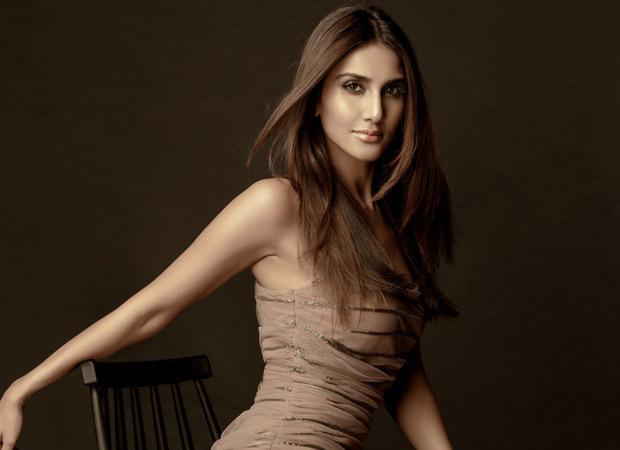
Don’t get volatile behavior: Vaani on censorship & cancel culture
In today’s digital age, the concept of censorship and cancel culture has become a hot topic of debate. With the rise of social media, artists and creators are under intense scrutiny, and even a single misstep can result in a backlash. Recently, actress Vaani Kapoor spoke out about the restrictions imposed by censorship and cancel culture on artists, stating that they stifle creativity and limit freedom of expression.
Vaani’s comments came in the wake of the controversy surrounding the ban on the release of her film, “Abir Gulaal”, in India. The film’s storyline and content sparked outrage among some sections of society, leading to calls for its ban. Vaani, who was promoting the film, expressed her disappointment and frustration with the situation.
In an interview with a leading daily, Vaani said, “This cancel culture, say one thing wrong, there are calls for cancel and boycott. I don’t get that volatile behaviour.” She further emphasized that she is not “into censorship” as it sets boundaries for artists, restricting their ability to explore new ideas and push the envelope.
Vaani’s comments have sparked a heated debate on social media, with some artists and fans supporting her stance, while others have criticized her for being insensitive to the concerns of certain communities. However, Vaani’s words serve as a timely reminder of the need for balance and nuance in our approach to censorship and cancel culture.
The rise of cancel culture has been accompanied by a growing intolerance for dissenting opinions and a lack of understanding about the complexities of artistic expression. Artists are often expected to conform to societal norms and avoid taking risks, fearing that any perceived misstep will lead to a backlash. This has resulted in a stifling of creativity, as artists are forced to self-censor and play it safe.
Vaani’s comments highlight the need for a more thoughtful and nuanced approach to censorship and cancel culture. Rather than simply reacting with outrage and calls for boycott, we need to engage in constructive discussions and consider the complexities of the issue. Artists, like Vaani, should be free to explore new ideas and push the boundaries of their craft, without fear of reprisal.
Moreover, Vaani’s stance on censorship is also worth noting. Censorship, in any form, is a restrictive and limiting force that stifles creativity and innovation. By imposing boundaries on artists, censorship limits their ability to express themselves authentically and explore new ideas. This can lead to a homogenization of content, as artists are forced to conform to societal norms rather than taking risks and pushing the envelope.
Vaani’s comments have also sparked a debate on the importance of free speech and the need for a more nuanced understanding of artistic expression. In a society that values free speech and creativity, it is essential that we recognize the importance of artistic expression and the need for artists to be able to explore new ideas and push the boundaries of their craft.
In conclusion, Vaani’s comments highlight the need for a more thoughtful and nuanced approach to censorship and cancel culture. Rather than simply reacting with outrage and calls for boycott, we need to engage in constructive discussions and consider the complexities of the issue. Artists, like Vaani, should be free to explore new ideas and push the boundaries of their craft, without fear of reprisal. By doing so, we can foster a more creative and innovative society that values free speech and artistic expression.






